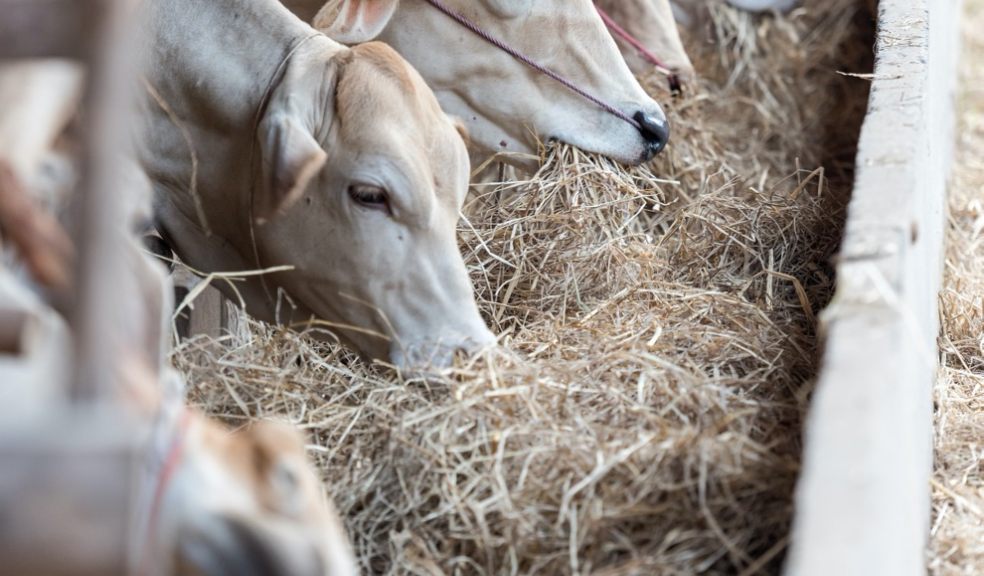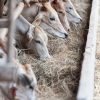
Next Generation Sequencing for Higher Throughput in Livestock
Meat Industry Eyeing High-Throughput Using Agrigenomics
Agrigenomics or Agricultural genomics is basically the application of genomics in the agricultural process. It was and will continue to drive sustainable production offering solutions for feeding the worldwide population. The usage of modern technology ensures that breeders, farmers, and researchers can easily figure out the genetic markers linked to informative cultivation, desirable traits, Meat Traceability data points, and logic along with the data to initiate wise breeding decisions. Agrigenomics definitely is advancing productivity, development, and community interaction. NGS or Next Generation Sequencing aims at helping researchers to develop products as well as healthier livestock and crops.
Agrigenomics Applications
Agrigenomics has been helping multiple industries over the years. And while fitness and exercise have always been helpful for a healthy lifestyle, experts have asserted that Agrigenomics and NGS could be a revolutionary step towards improving the quality of food.
Genomics for plant production and breeding: The discovery of SNPs or novel single nucleotide polymorphisms is a crucial factor for genotyping plants. It helps in providing candidate markers for the programs that are marker-assisted in key crop production. This new approach is ideal for acceleration in crop improvement as well as various development. Genomic tools can majorly help in detecting QTLs, deleterious as well as favorable traits, and also identify favorable alleles.
Simple to complex mosaic genomes: One of the fastest-growing food industries globally is Aquaculture. It is noticed that only 10% of its production is dependent on genetically improved stocks. Pedigree in aquatic species is a costly affair that is difficult to obtain which makes the development of optimized breeding practices a challenge. Thus, multiple thermo-scientific organizations offer genotype solutions that are ideal for both simple as well as complex mosaic genomes found in species like salmon, shrimp, and shellfish.
Newer technologies in genomics and animal breeding: Agrigenomics has brought in a wide range of innovative technologies which can be applied in animal breeding as well as genomics. From validated and predesignated content to customized solutions, these technologies have come a long way in accelerating unique testing and breeding livestock programs. Newer solutions include gene expression microarrays, Applied Biosystems Custom TaqMan SNP Genotyping Assays, genotyping along with targeted short tandem repeat or STR parentage kits, genotyping-by-sequencing, or GBS solutions.
Agrigenomics Offering Bovine Genomes for Animal Breeding
Crops always tend to pose a certain set of obstacles. However, when it comes to sequencing gigabase-sized mammal genomes in paternal maternal offspring trios in cows and cattle, the challenges are much different. Large SVs or Structural Variants are located in a challenging and repetitive region that can be rarely studied. This is mainly due to the inherent limitations of inconsistent, incomplete reference genomes and short-read sequencing. Recently, an international research team released a bioRxiv preprint which was described as a cattle pangenome. These researchers examined 3 bovine trios which reflected inter-species, within-the-breed, and inter-subspecies breeding strategies. This created 10 haplotype resolved assemblies that were better than the existing haplotype merged Bos Taurus sequence.
In a Nutshell
The new pangenome thus opened gates to studying the phylogeny of Bovinae beyond indels and SNPs. The researchers also found that multiple structural variants could not be accessed from noisy or short alignments like in QRICH2 tandem duplications. Other combinations were even more challenging to resolve irrespective of having long read alignments like the insertion of HSPA1B.



















